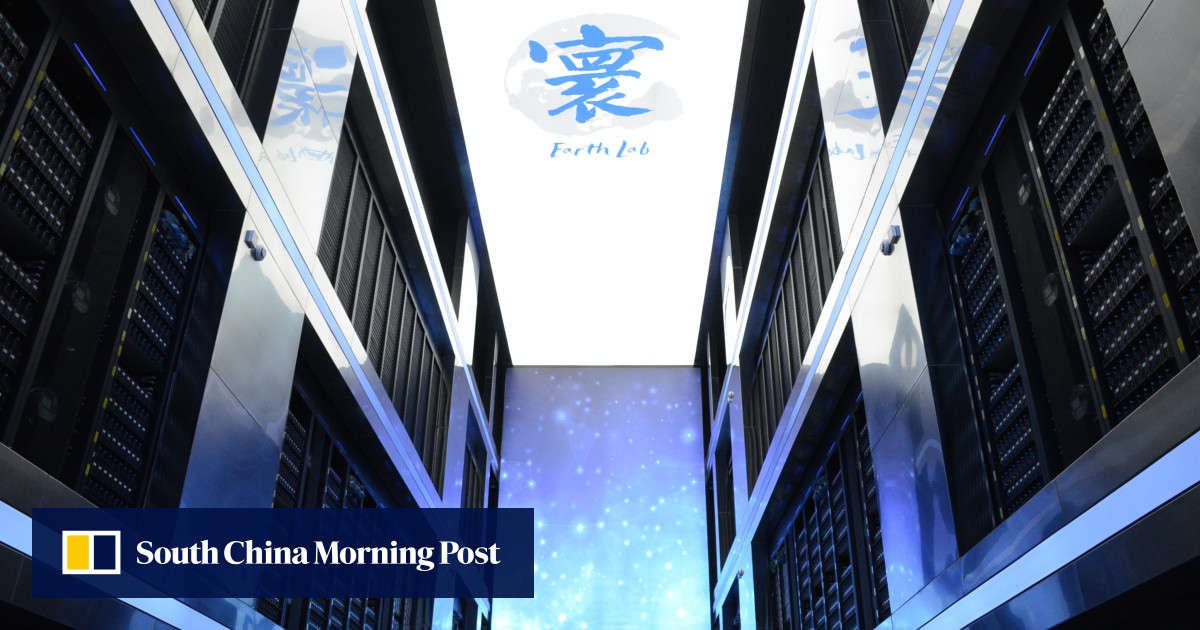Beijing has launched a public computing platform to support China’s artificial intelligence (AI) development at a time when the US is dialling up its export restrictions on advanced semiconductors critical to training and upscaling AI technologies.
The Beijing AI Public Computing Platform, or Shangzhuang project, is operated by state-backed Beijing Energy Holding (BEH), with an aim to alleviate the “acute shortage of computing power” faced by the city’s tertiary institutions, research facilities, and small and medium-sized enterprises, according to a post published on BEH’s WeChat account.
The launch of the platform on Tuesday marks a major milestone in the Chinese capital’s accelerated AI initiative to nurture a group of local champions in the technology industry, whose quest to build local rivals to OpenAI’s ChatGPT and Google’s Bard is facing challenges from a tighter US chokehold on Chinese access to advanced semiconductors.
Leveraging its strength in the energy sector, BEH said the Shangzhuang computing platform will offer 500 petaflops of computing power in the first phase of the programme.
Petaflops is a measure of computing power. Frontier, the world’s most powerful supercomputer developed by the US Department of Energy’s Oak Ridge National Laboratory, has a peak performance of 1,194 pflops.
BEH aims to ramp up the computing power at its Shangzhuang platform to 1,500 pflops in the second phase, which is scheduled to go online by the first quarter of next year.
It also said it was looking to power its computing platform completely with green energy in the future, without specifying a timeline.
At the unveiling of Shangzhuang, BEH signed deals with Chinese tech companies including Alibaba Cloud, a unit of South China Morning Post owner Alibaba Group Holding, as well as AI start-up Zhipu AI, to collaborate on a range of areas from green energy and public cloud to computing infrastructure and the digital economy development, according to the WeChat post.
The establishment of BEH’s computing platform comes after the Beijing municipal government pledged to provide state-sponsored computing resources to AI firms.
In mid-May, the Beijing municipality unveiled a plan to pool resources and foster an innovative ecosystem to bolster its position in AI development. It also called for top-tier public cloud service providers to collaborate and pool their computing power for use by Beijing-based research facilities and companies.
The Chinese capital is already home to one third of the country’s core AI start-ups, the local authority said earlier this year.







